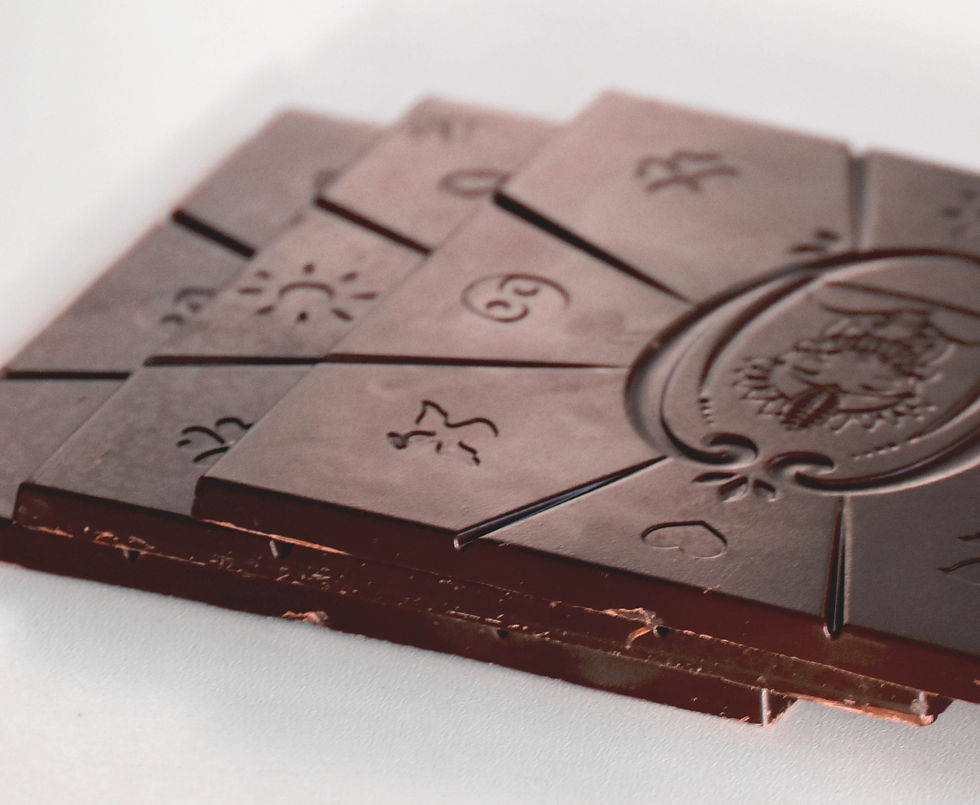7 essential nutrients for a healthy skin
- ritalebreiro
- May 24, 2023
- 3 min read
Post prepared by nutritionist Ana Rita Lebreiro (@nutripontocome)

Summer means many hours spent sunbathing, either on the beach or in the pool, and our skin resents it. In fact, this exposure increases the production of free radicals in our body which, in excess, increase the aging process, spots, wrinkles and the risk of diseases.
To protect our skin, besides being fundamental to follow a varied, balanced and complete diet throughout the year, avoiding the frequent consumption of processed foods (rich in saturated fat and simple sugars), that is, based on the principles of the Mediterranean diet, we can consume more frequently foods that are a source of nutrients with protective function.
Vitamin C - present in foods such as citrus fruits, kiwi, strawberries, berries, papaya, dark green leafy vegetables, peppers, among others, is a vitamin that has a strong antioxidant action, protecting the skin against the damage caused by free radicals, besides being fundamental for the production of collagen, the protein responsible for the elasticity and tone of the skin. Did you know that the fruit with the highest vitamin C content is the kiwi, not the orange.
Vitamin E - also known as tocopherol, is rich in antioxidant properties, reducing the damage caused by free radicals produced by UV radiation, fighting premature aging (prevention and reduction of wrinkles) and improving the skin's appearance, providing hydration. Its main food sources are sunflower seeds, oleaginous fruits (such as hazelnut, almond, peanut...) and vegetable oils.
Vitamin A - can be found in 2 forms: preformed vitamin A or retinol (animal origin) and the pro-vitamin A or carotenoids (vegetable origin). Of the carotenoids, the best known is beta-carotene, which is present in orange-colored foods. Vitamin A acts as an antioxidant to slow skin aging and is essential for the formation and repair of skin epithelial cells. Some food sources of this vitamin are liver, eggs, carrots, pumpkin, apricot, mango, and dark green leafy vegetables.
Zinc - present in oysters, wheat germ, poppy seeds, flax seeds, wheat bran, liver, pumpkin seeds, sunflower seeds, pecan nuts, among other foods, is an important mineral in the skin for the healing process, for the formation of cells, for the normal functioning of the sebaceous glands (which produce oil) and for the repair of damage caused by radiation (antioxidant action).
Selenium - is a mineral that protects the skin from UV-induced oxidative stress by stimulating the activities of selenium-dependent antioxidant enzymes (glutathione peroxidase and thioredoxin reductase) and thus combats premature skin aging. The best source of selenium are the Brazil Nuts!
Omega 3 - There are 3 types of fatty acids in the omega 3 series: alpha linolenic acid (ALA), eicosapentaenoic acid (EPA), and docosahexaenoic acid (DHA). ALA is naturally present in plant-based foods (such as nuts, flaxseeds, and chia seeds) while EPA and DHA in fish (such as salmon, tuna, mackerel, and sardines) and fish oils. Studies indicate that omega -3s have several benefits for the skin such as increasing the skin's resistance to sunburn, reducing the severity of skin redness after exposure to ultraviolet rays, and alleviating the symptoms of certain photosensitivity disorders.
Silicon - organic silicon is a mineral that is present in the composition of skin cells. It is very important for the synthesis of collagen (along with vitamin C), elastin and hyaluronic acid, and therefore plays an important role in regeneration and in maintaining the structural integrity of the skin. Oats, bananas, apples, peanuts, almonds, carrots, pumpkin, and beets are some of the food sources of this mineral.
In addition to the nutrients listed, don't forget that for good skin appearance, good hydration is key!!!








Comments